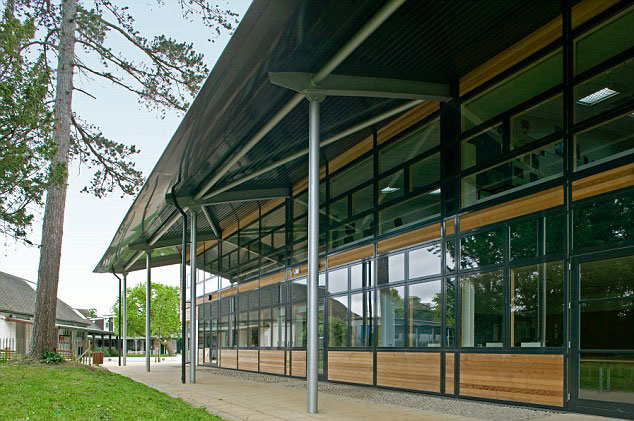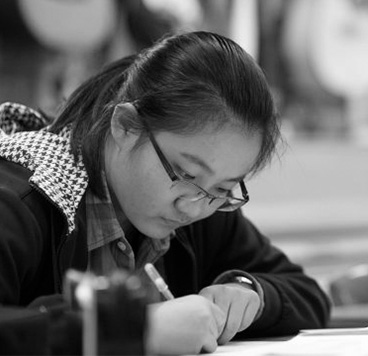 Today’s Council meeting was an excellent example of self-government at its best. The first meeting of the spring term has to ratify the constitution and make any amendments. A two-thirds majority is needed to amend the constitution and only elected councillors are allowed to vote. Usually, anything passed by Council goes to the whole school meeting for ratification, but constitutional amendments do not.
Today’s Council meeting was an excellent example of self-government at its best. The first meeting of the spring term has to ratify the constitution and make any amendments. A two-thirds majority is needed to amend the constitution and only elected councillors are allowed to vote. Usually, anything passed by Council goes to the whole school meeting for ratification, but constitutional amendments do not.
There were two proposed amendments. The first was to remove the option to abstain in a vote. There was an excellent discussion about why people might abstain and about why the votes ‘for’ had to be greater than abstentions plus votes ‘against’. It was a close vote, but not quite two thirds were in favour and so the abstention remains.
The second proposed amendment reads:
“Instead of electing a Head Boy and Head Girl, the School should vote two students Heads of School. This would ensure that the two students seen as the best for the role are chosen on merit and not because of gender.”
Again, there followed a fantastic discussion about the nature of the role; are a male and female required to reflect our belief in, and commitment to co-education; should leadership roles be gender neutral and does the Head Boy represent boys and the Head Girl represent girls (No was the very clear answer here!) A fantastic and respectful debate ensued, again with a close vote that did not gain the two-thirds majority needed to make the proposed change – but I suspect this will resurface soon…
Personal responsibility, freedom of speech and the impulse to reach a shared view remain at the heart of the self-government system here.
The School Coucil meets twice a term and its agenda, after dealing with the minutes, includes motions or recommendations put forward by members of the School.
Motions may be put forward on matters that can reasonably be seen as falling within Council’s competence. The Head has power of veto but generally there has been a great wish on all sides to reach an accommodation that prevents this from being exercised, as it is rightly seen as a failure of the system. In fact, in my 11 years as Head I have never had to use the veto.
Richard Palmer, Head





